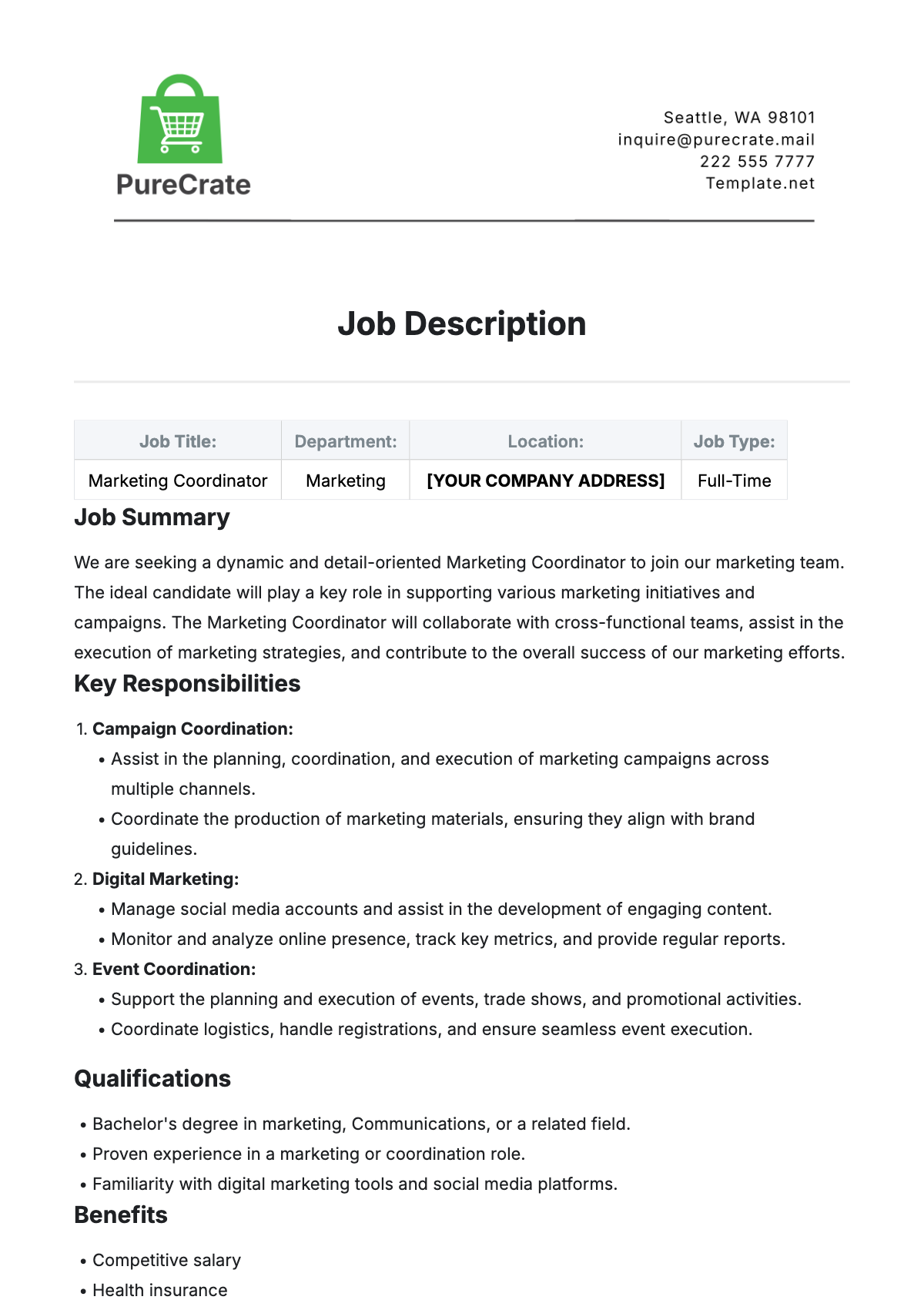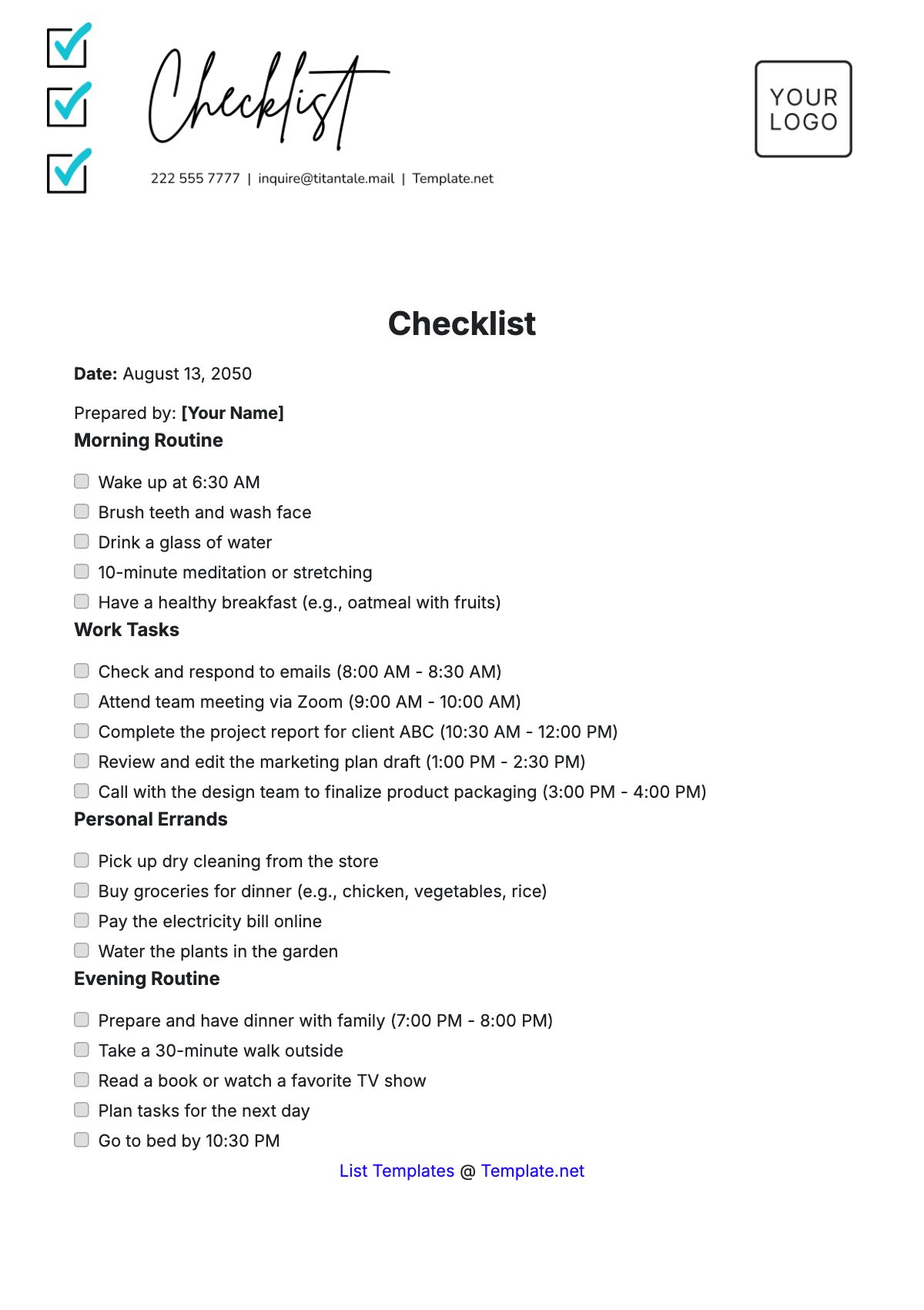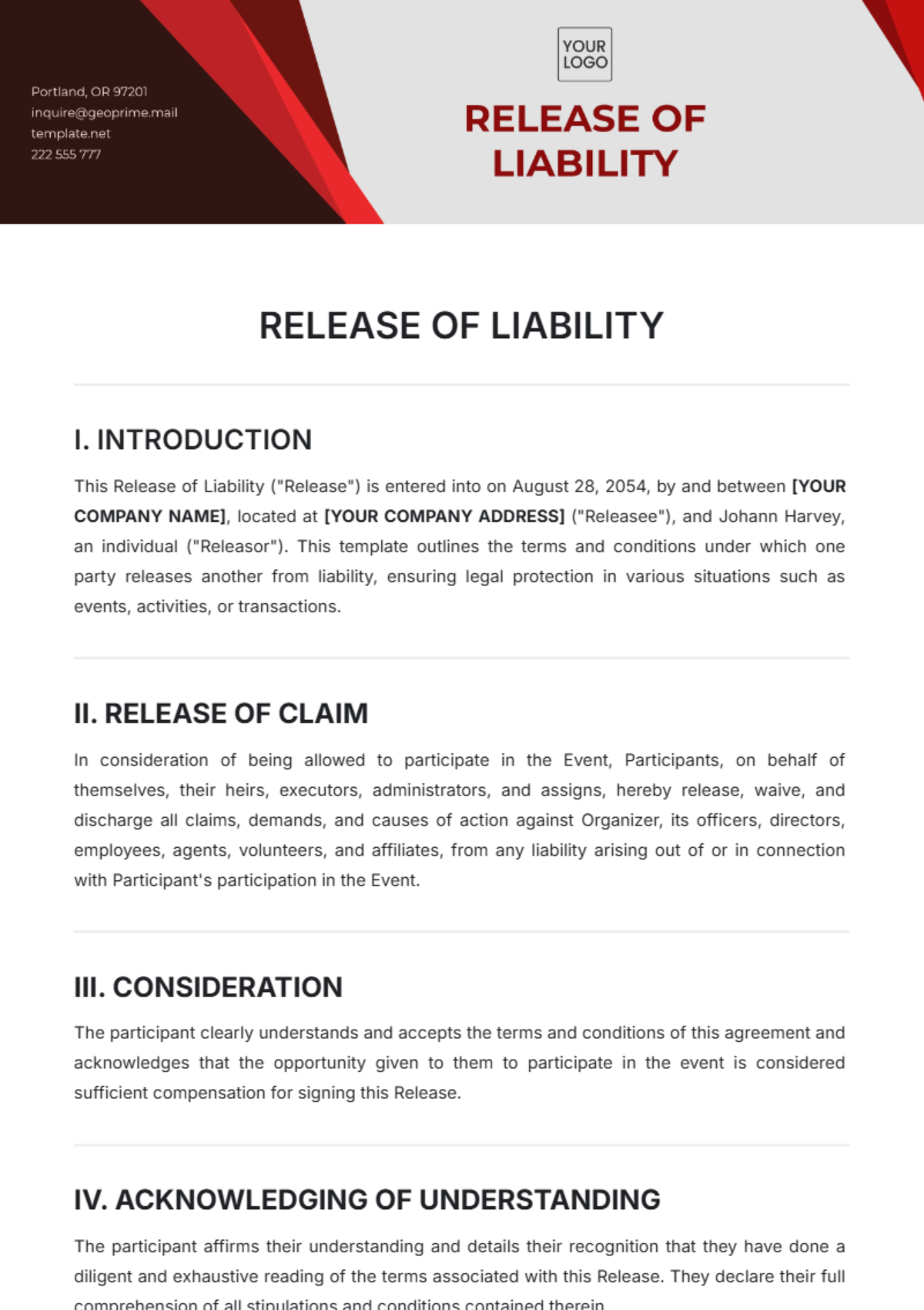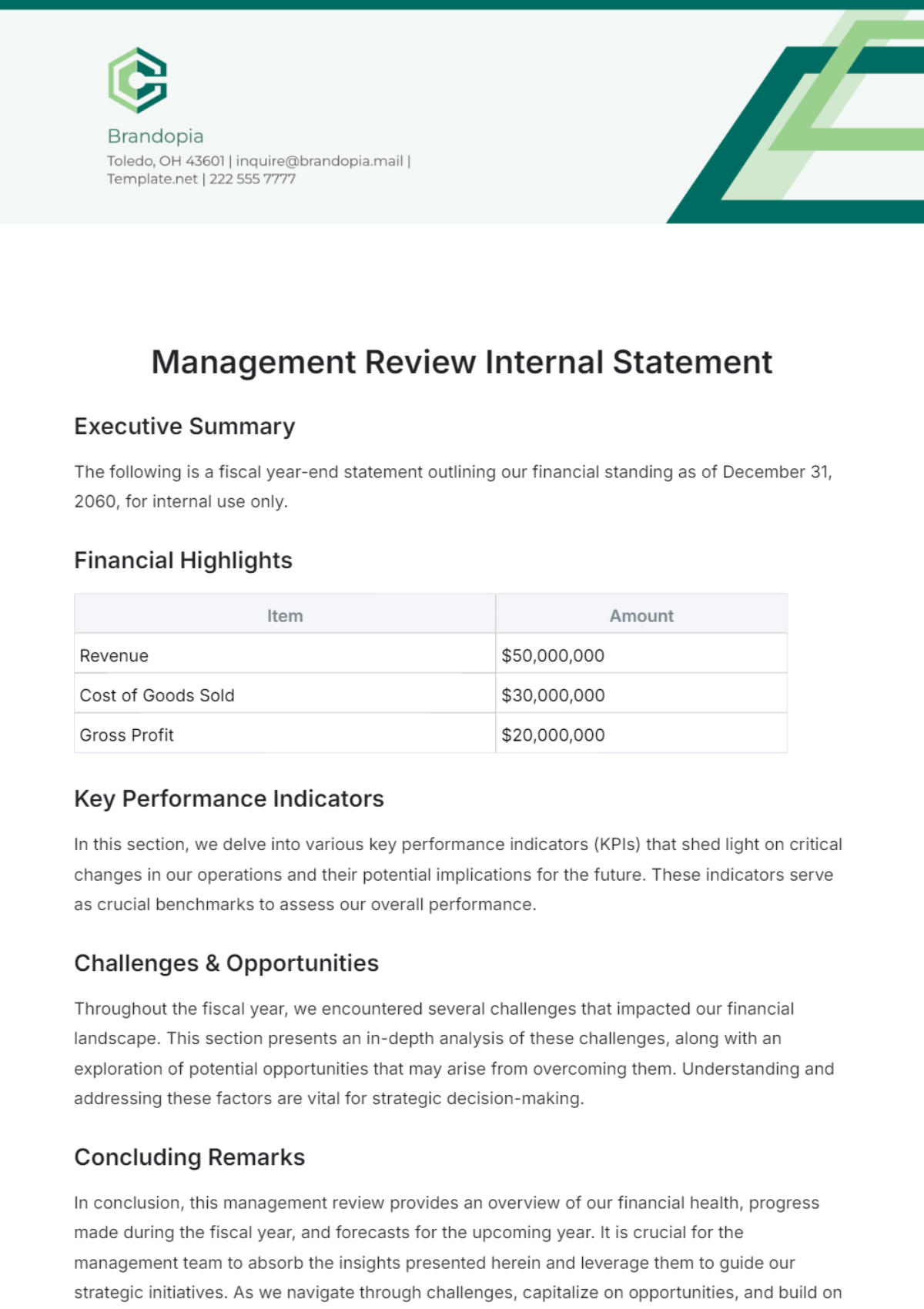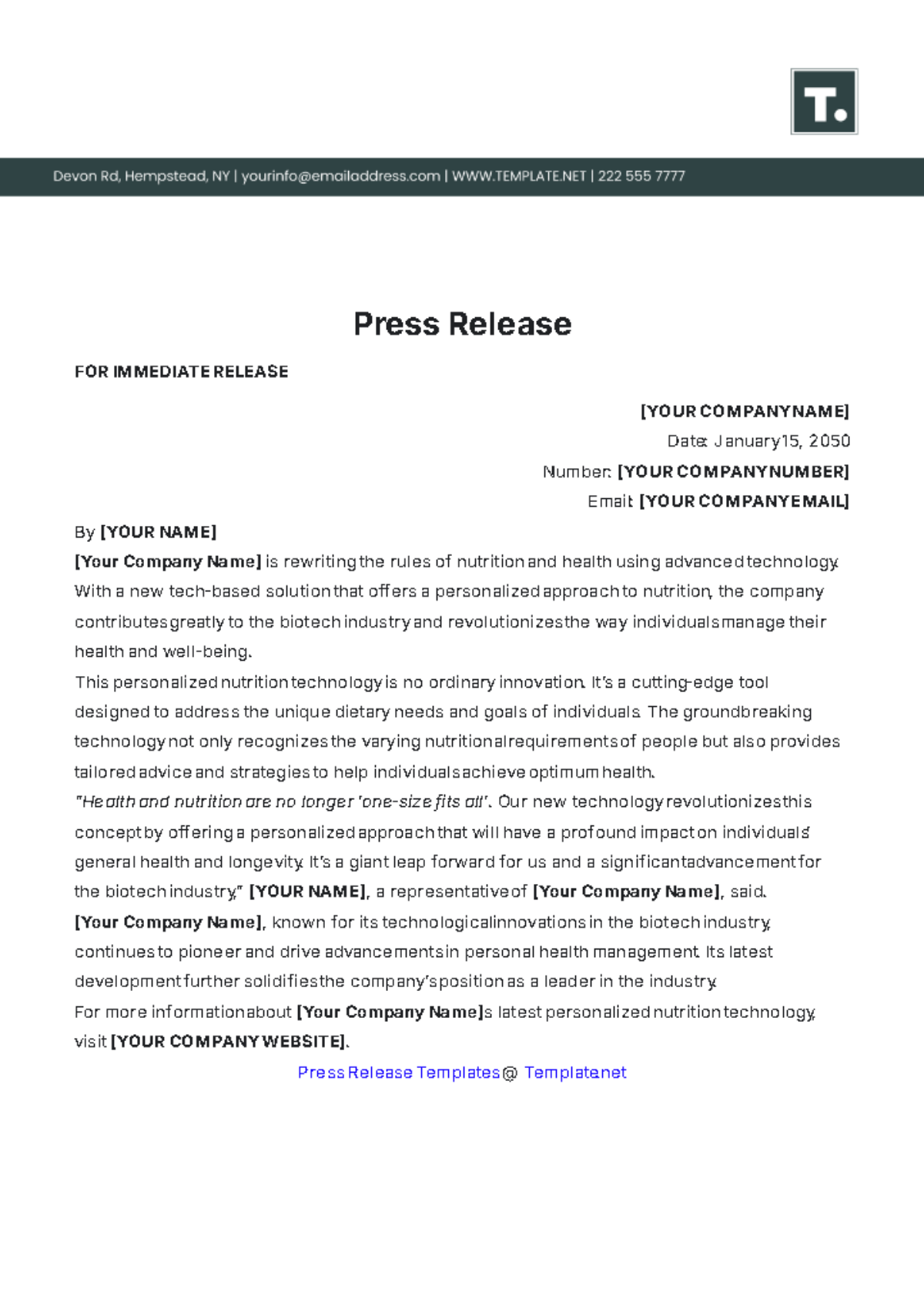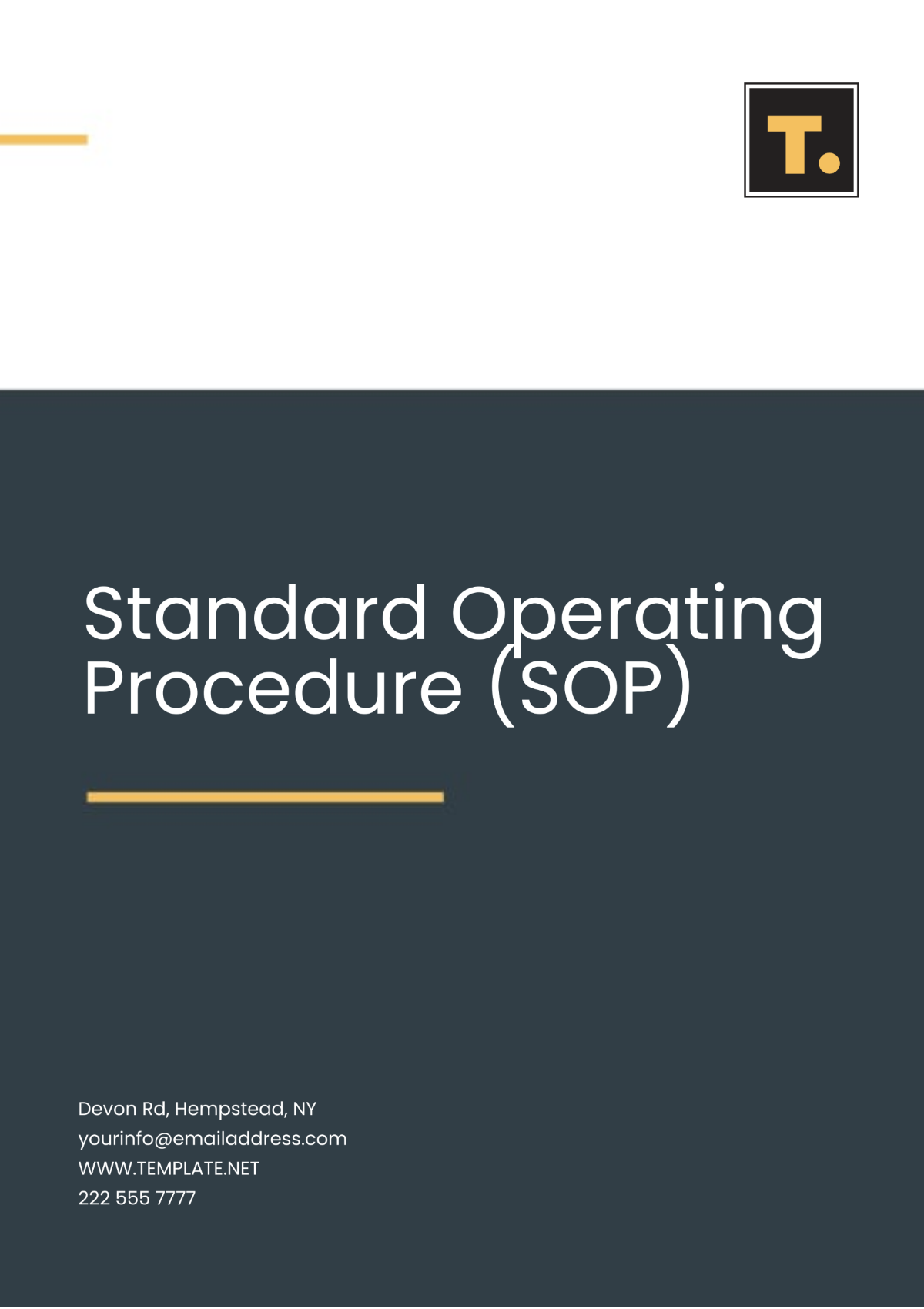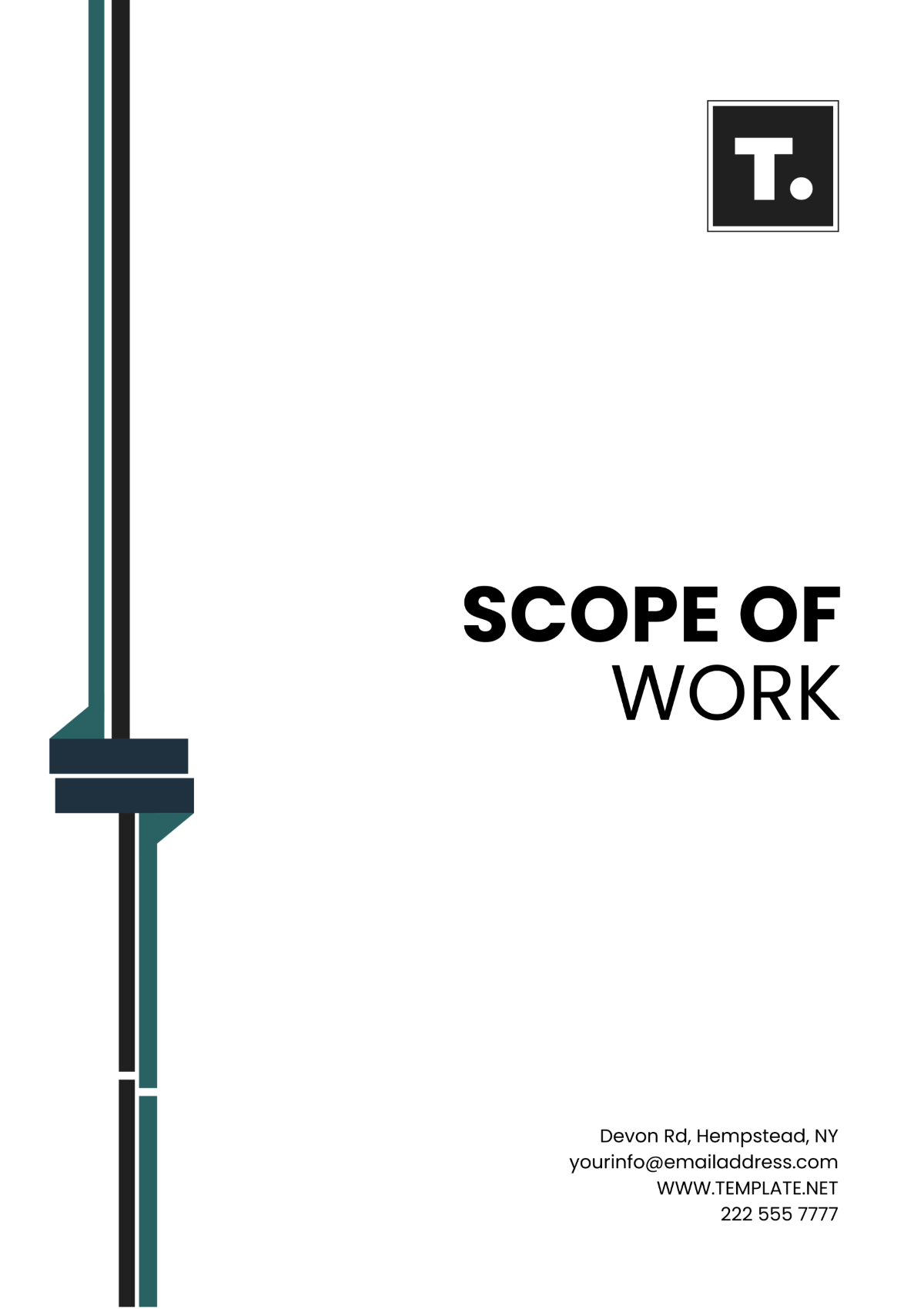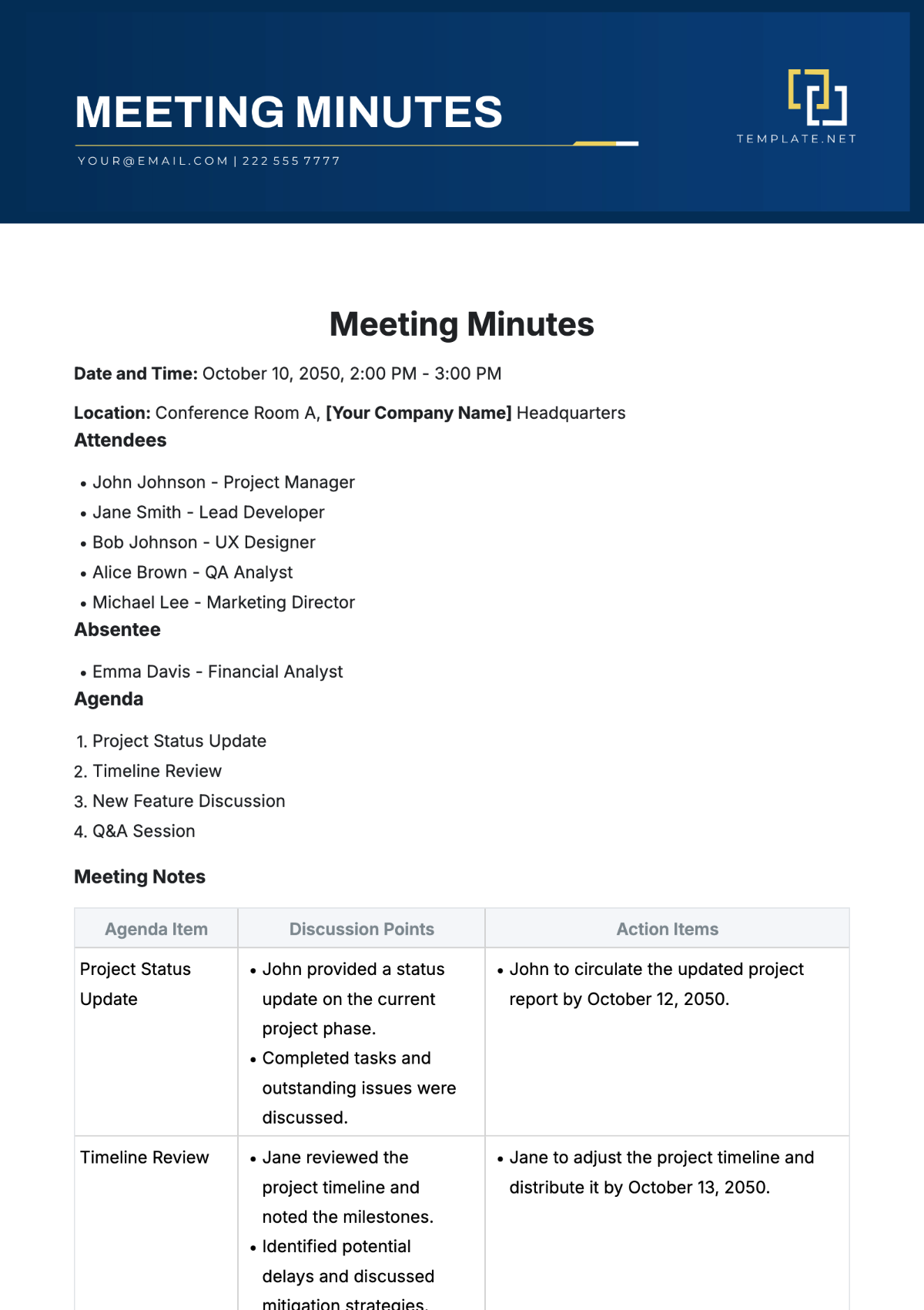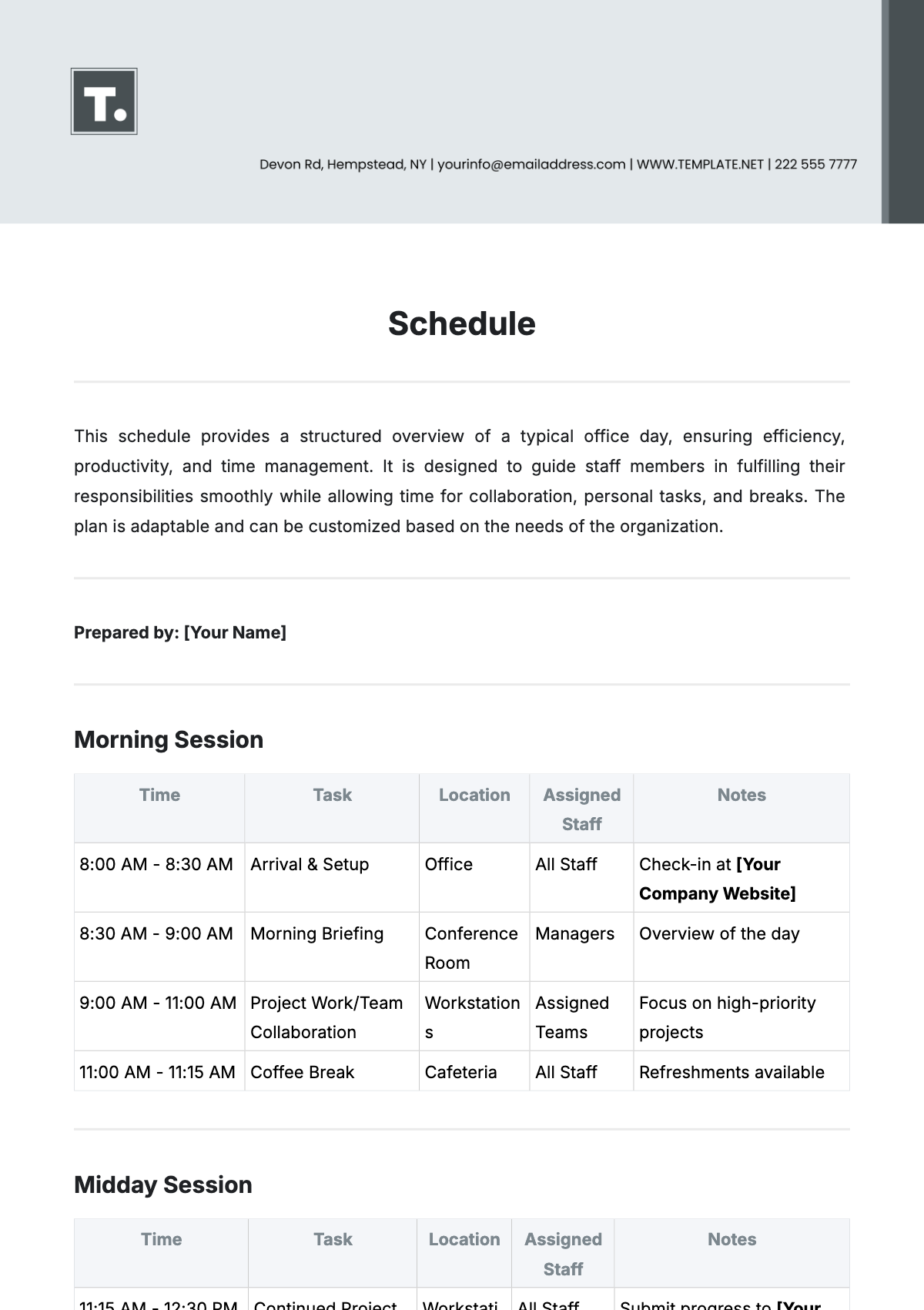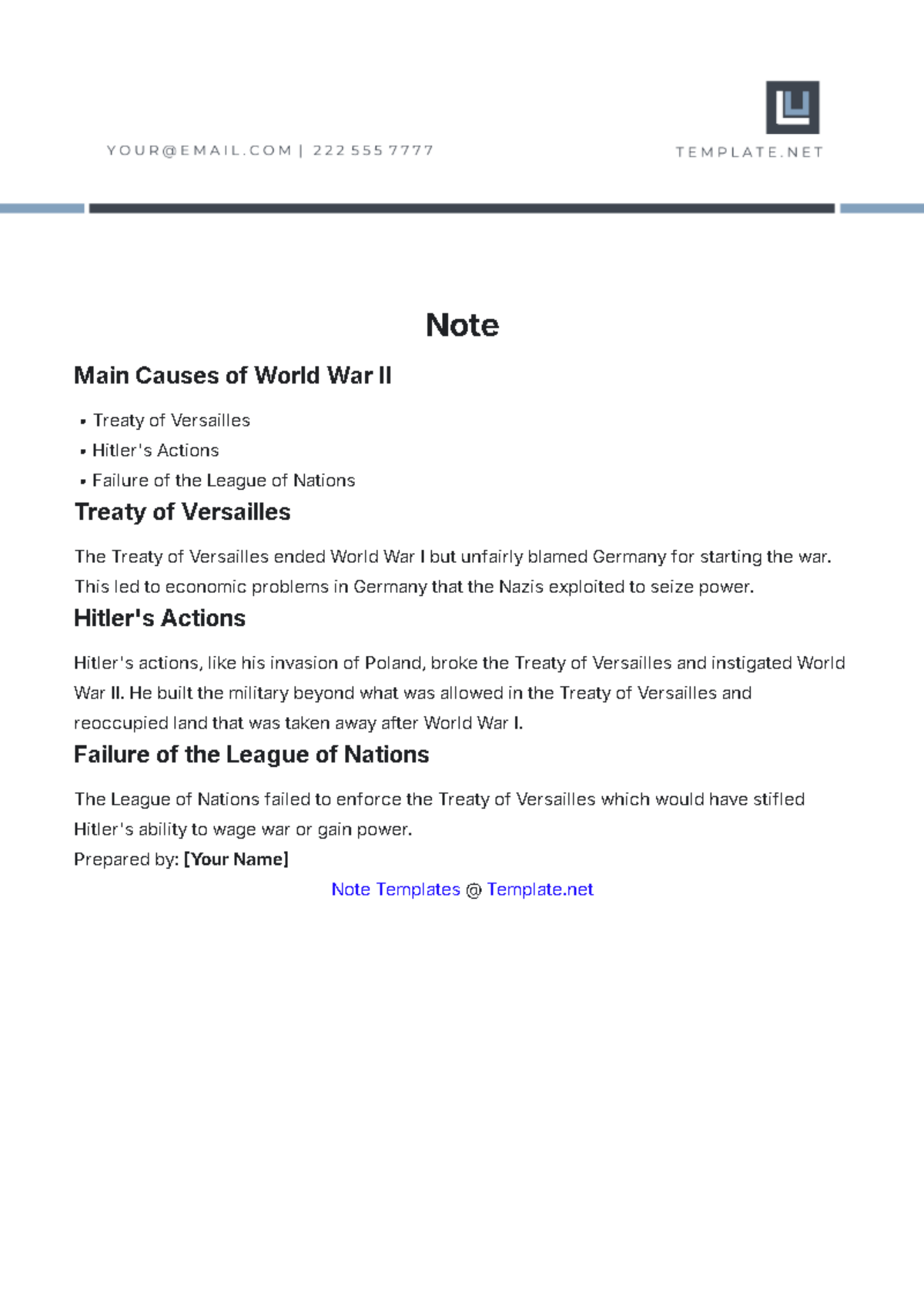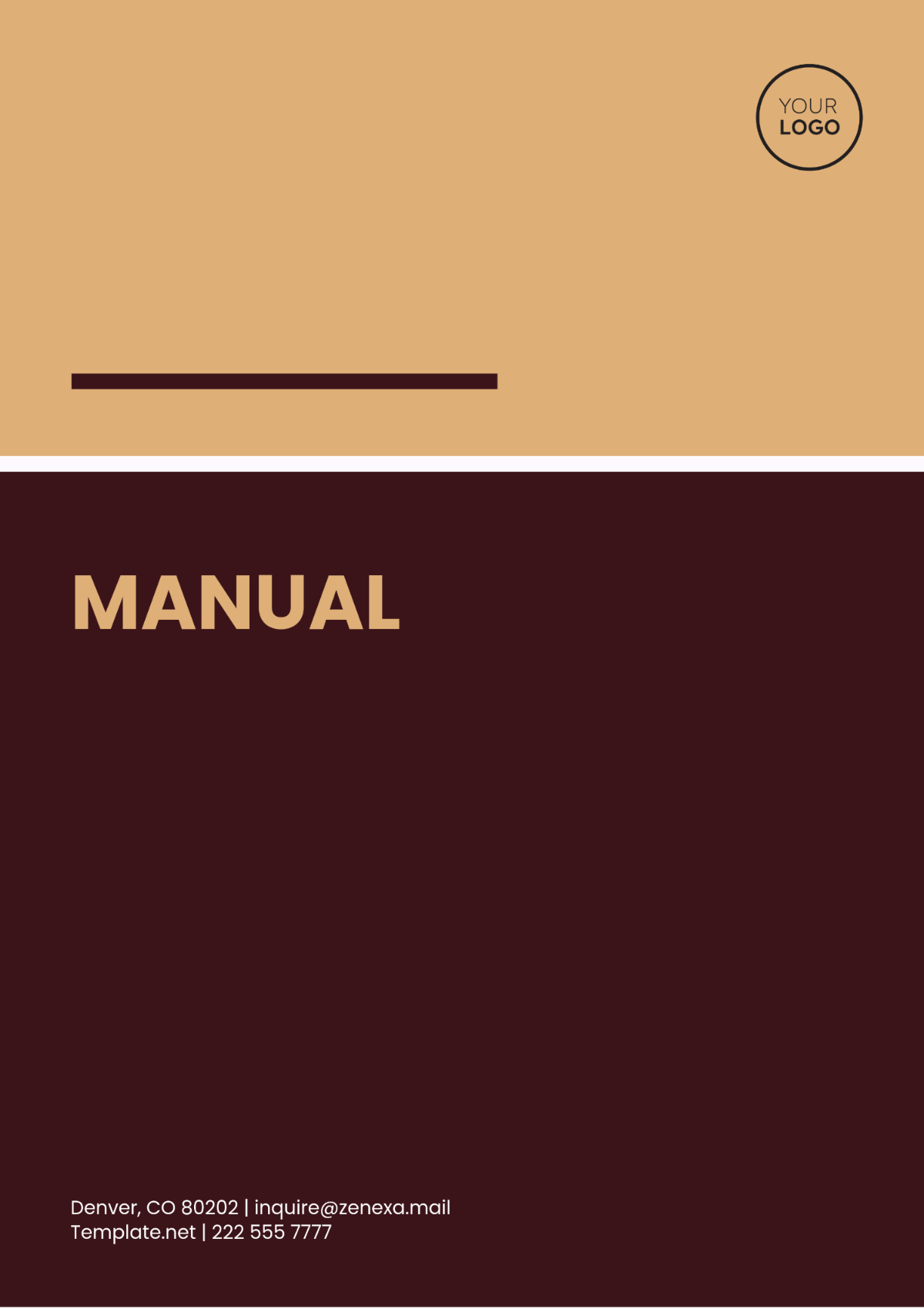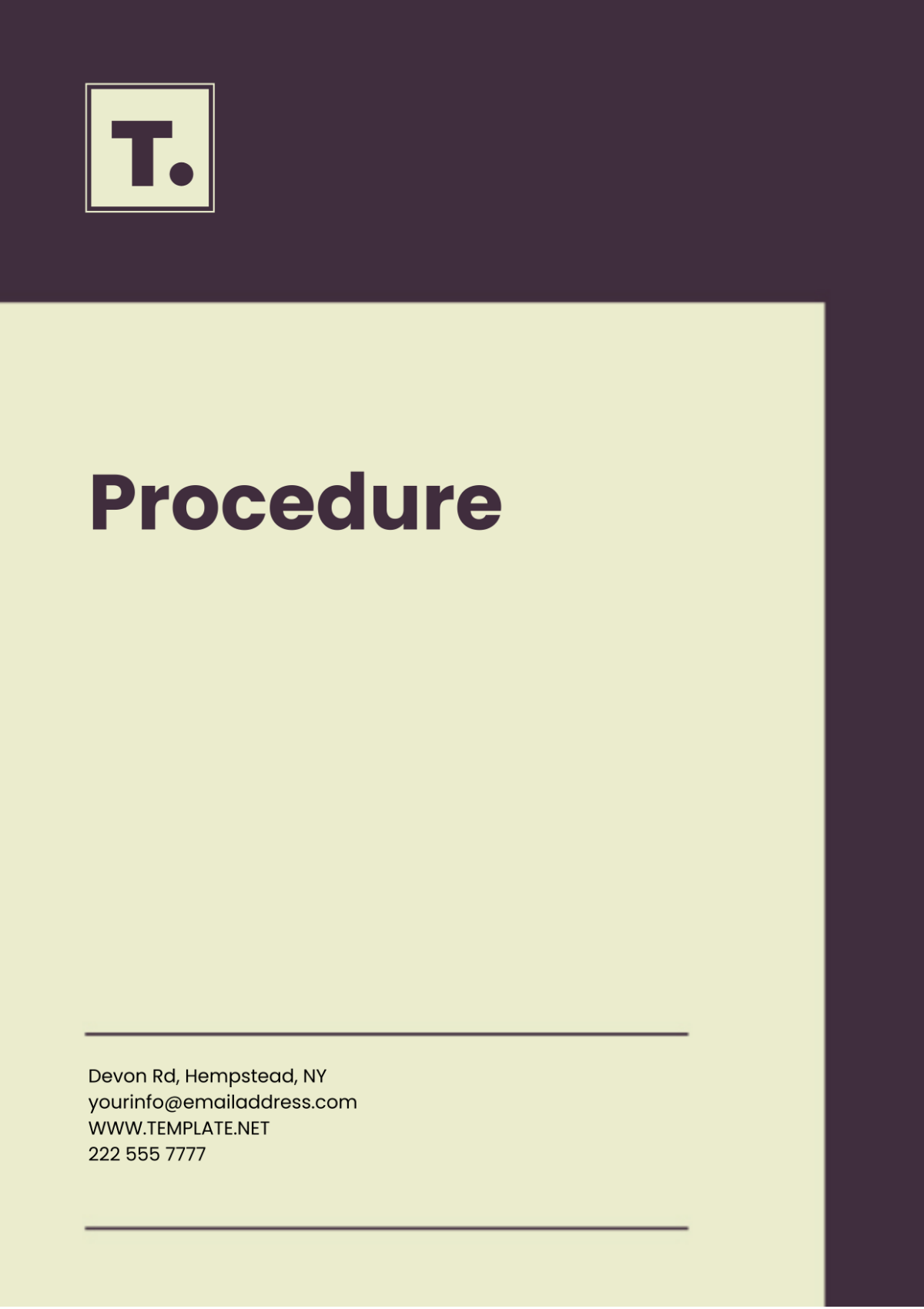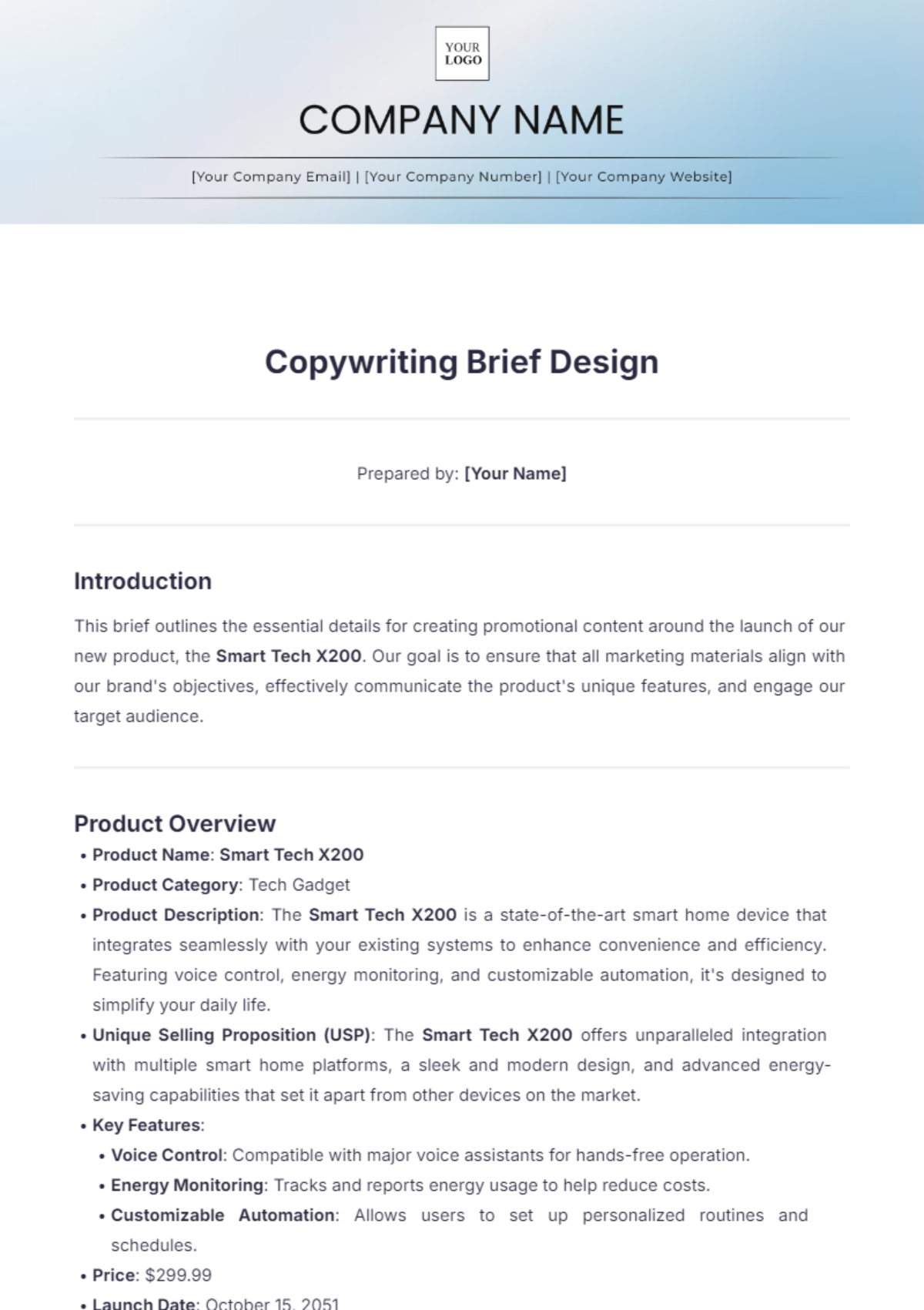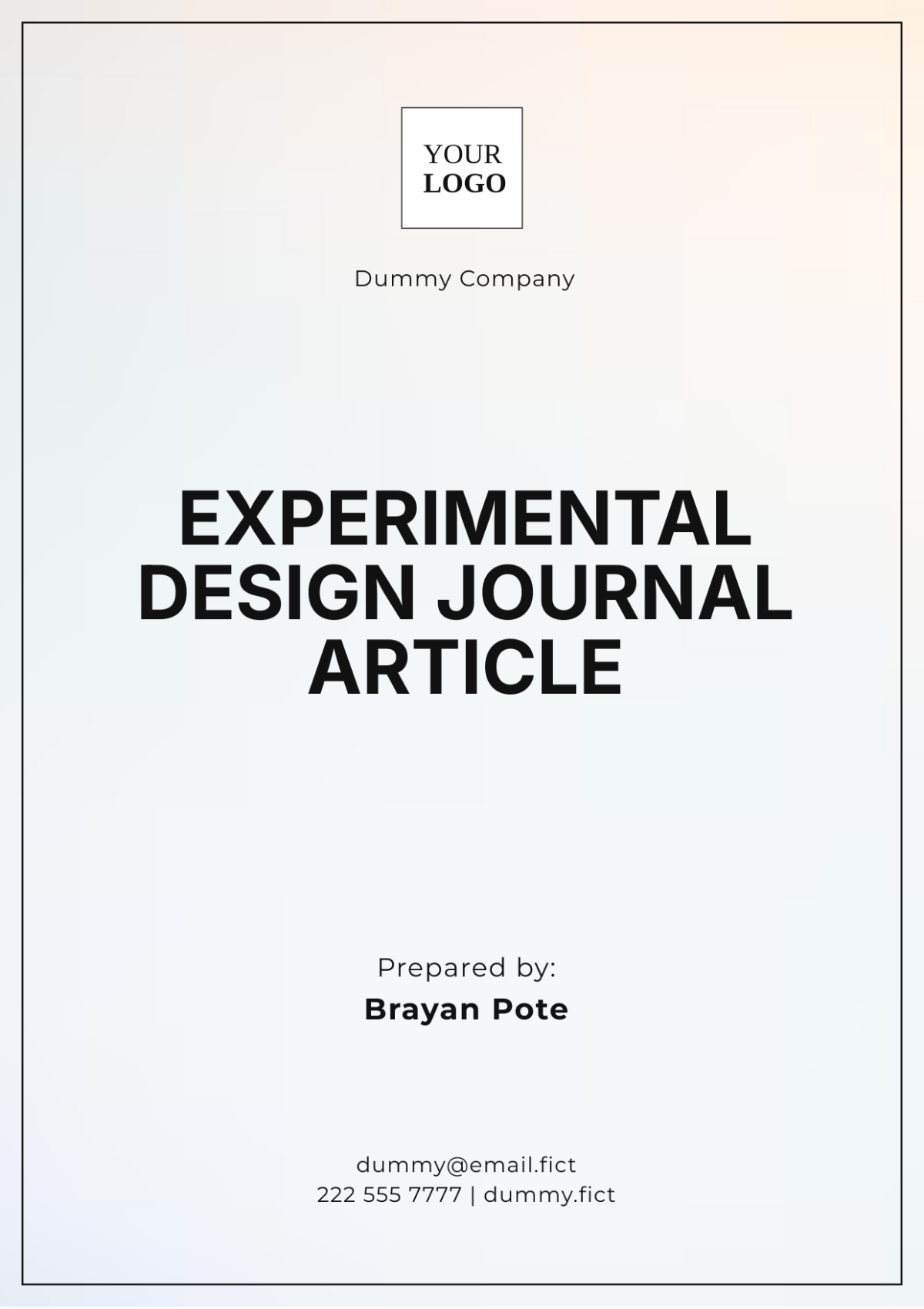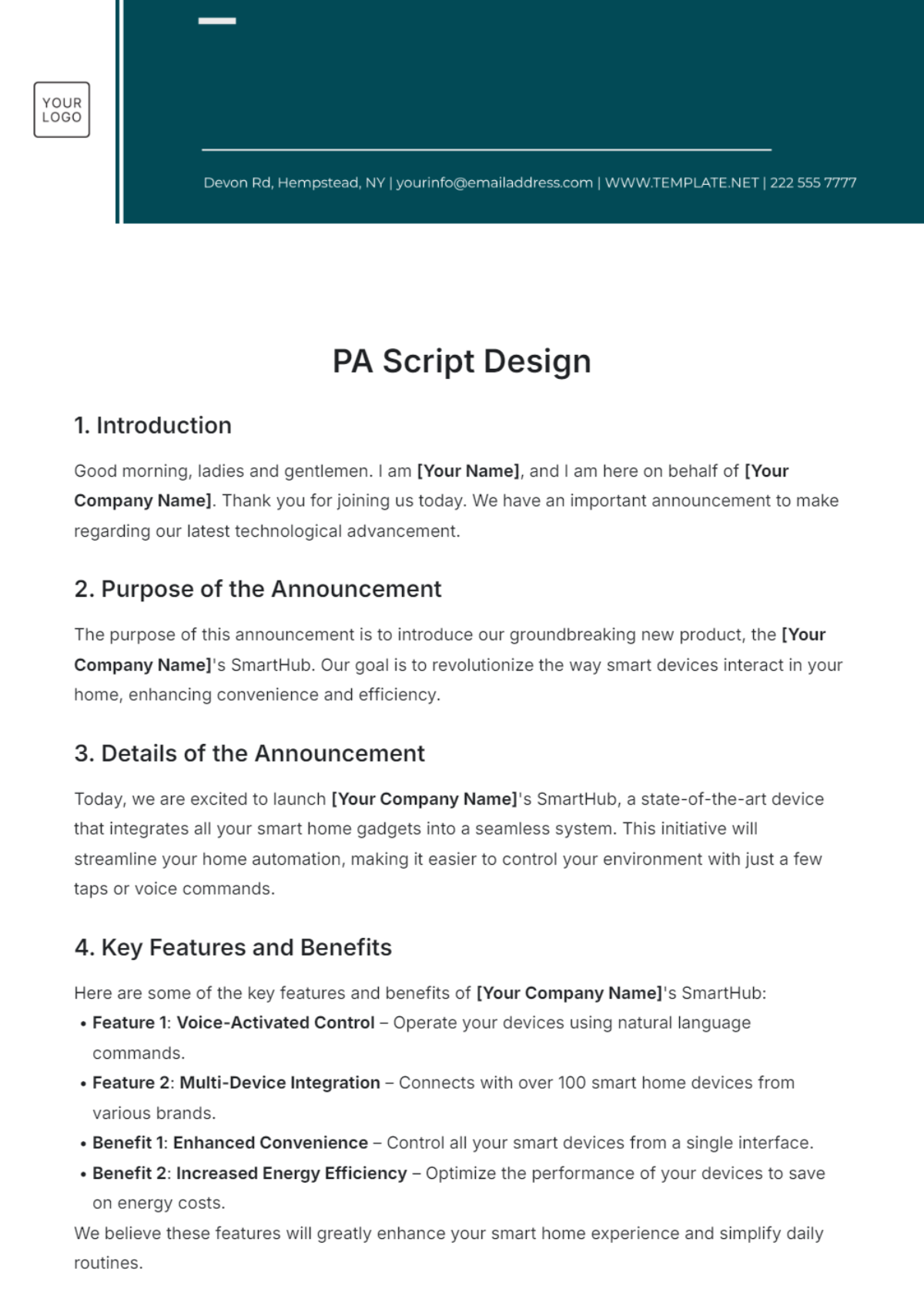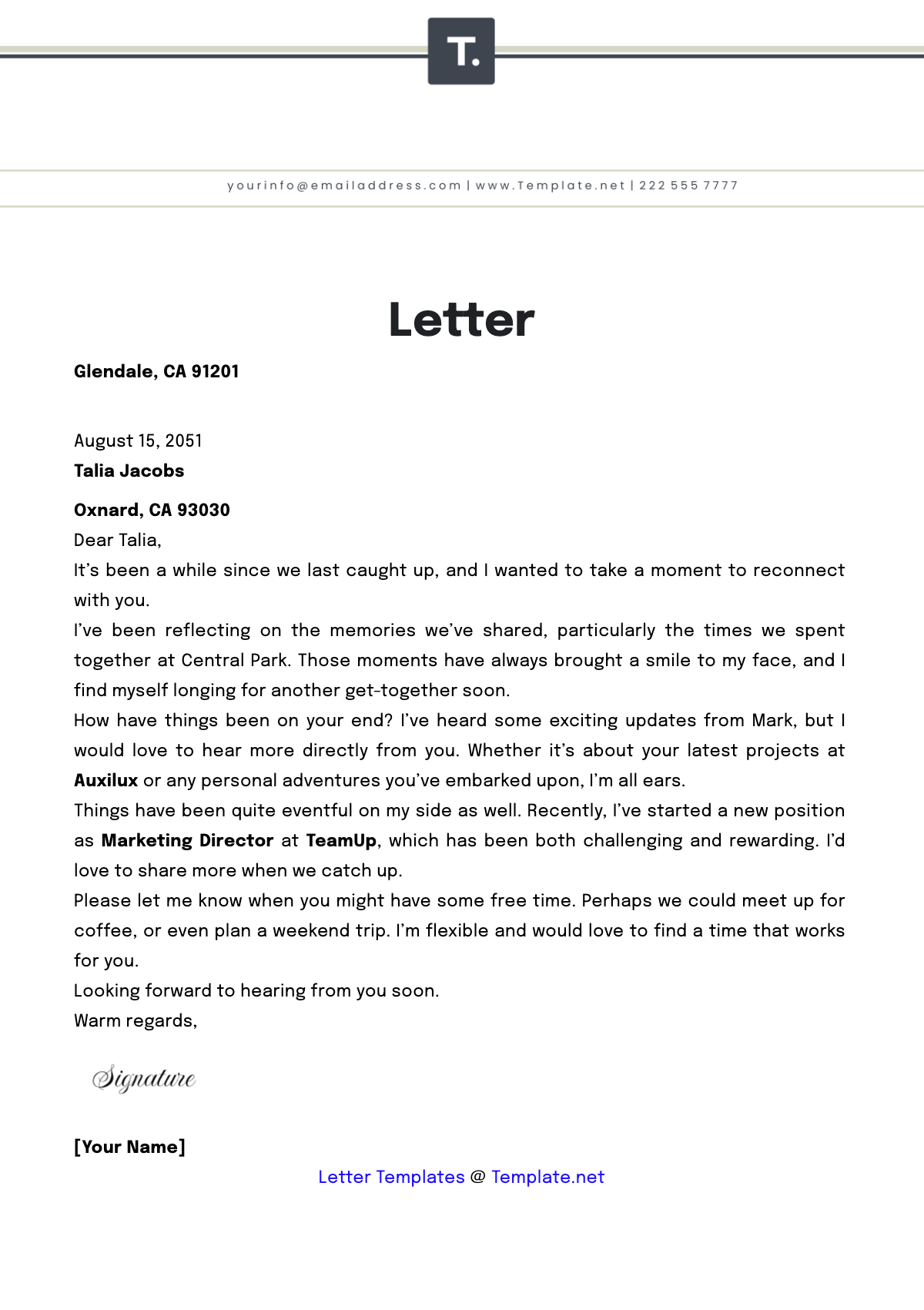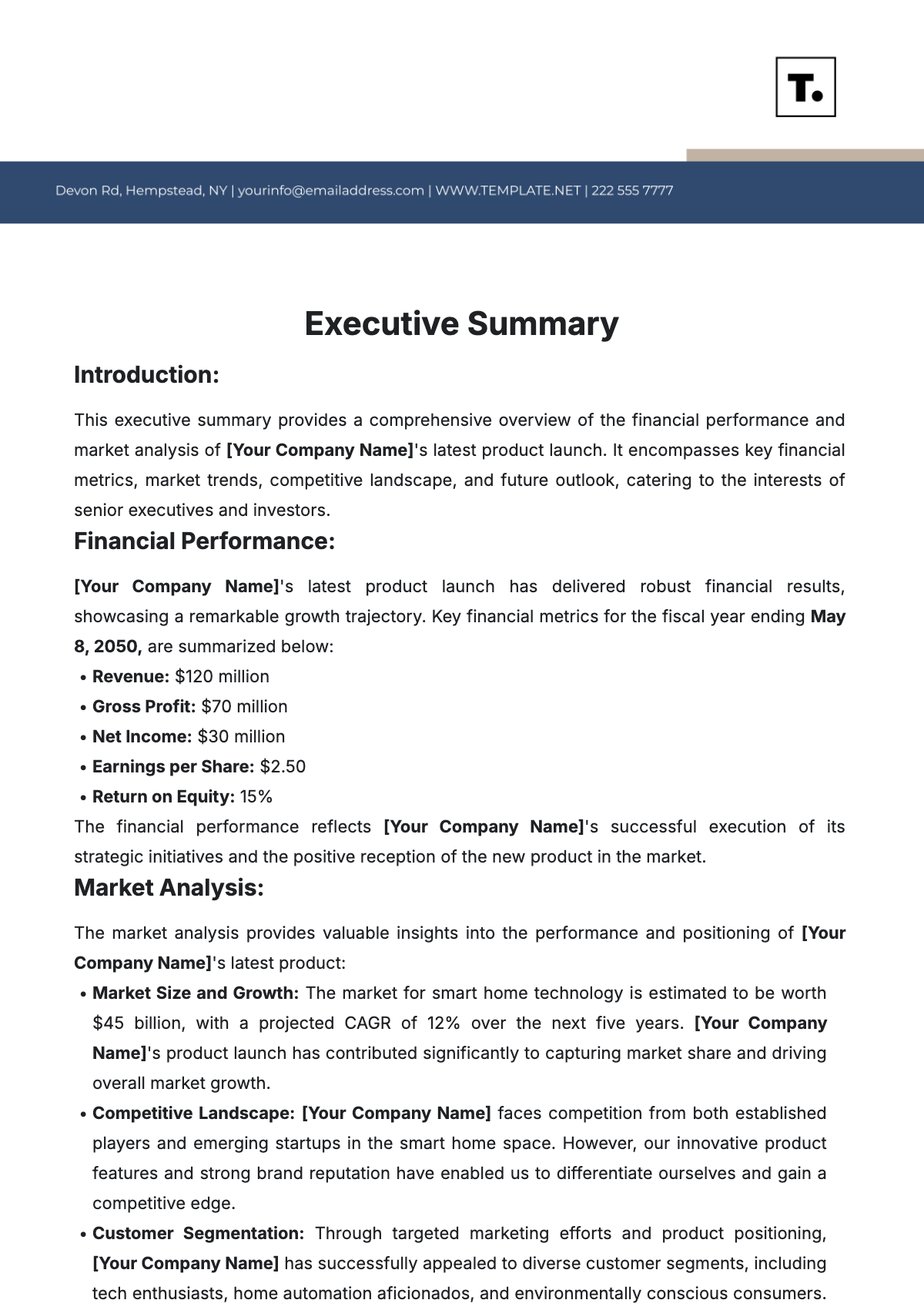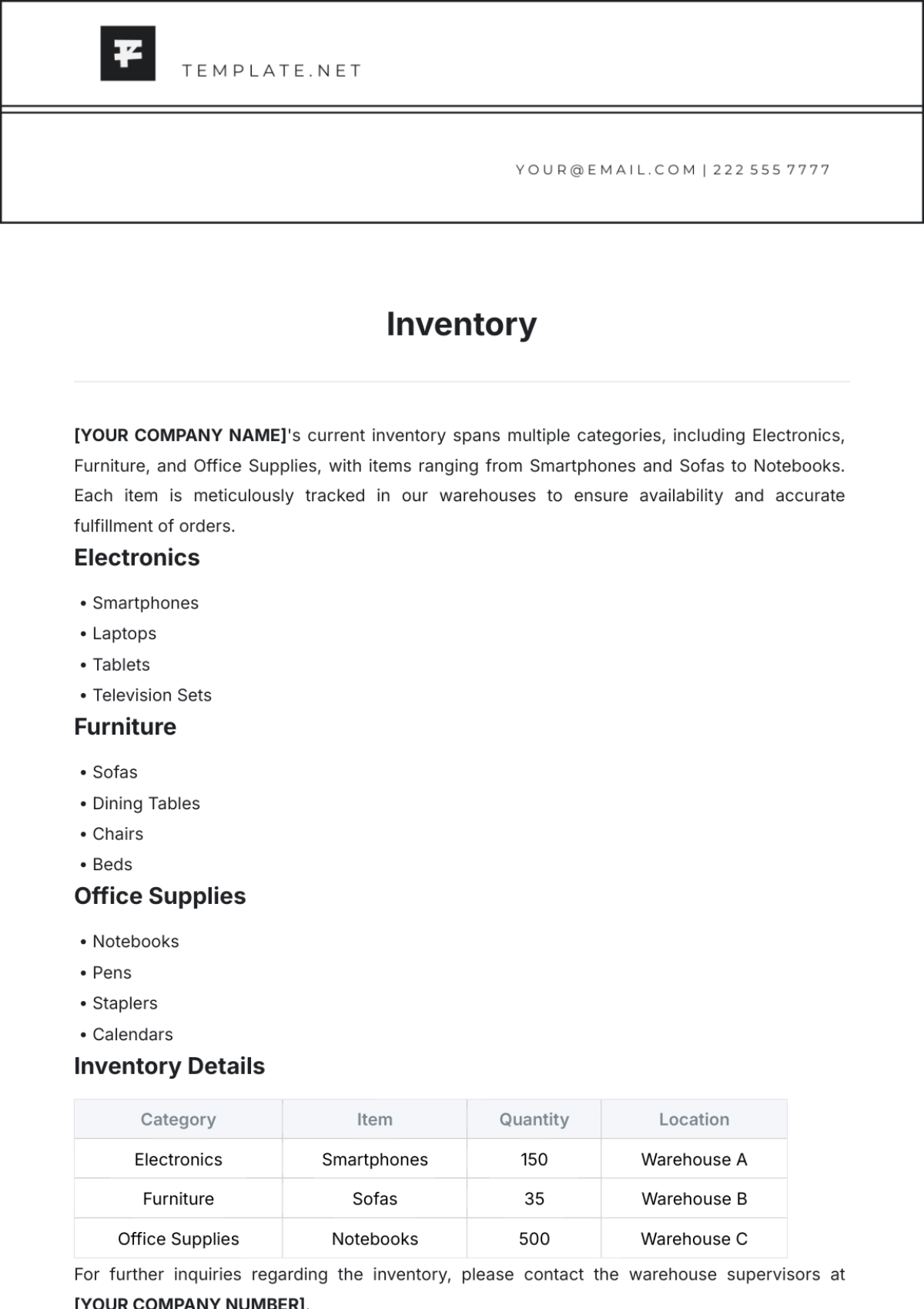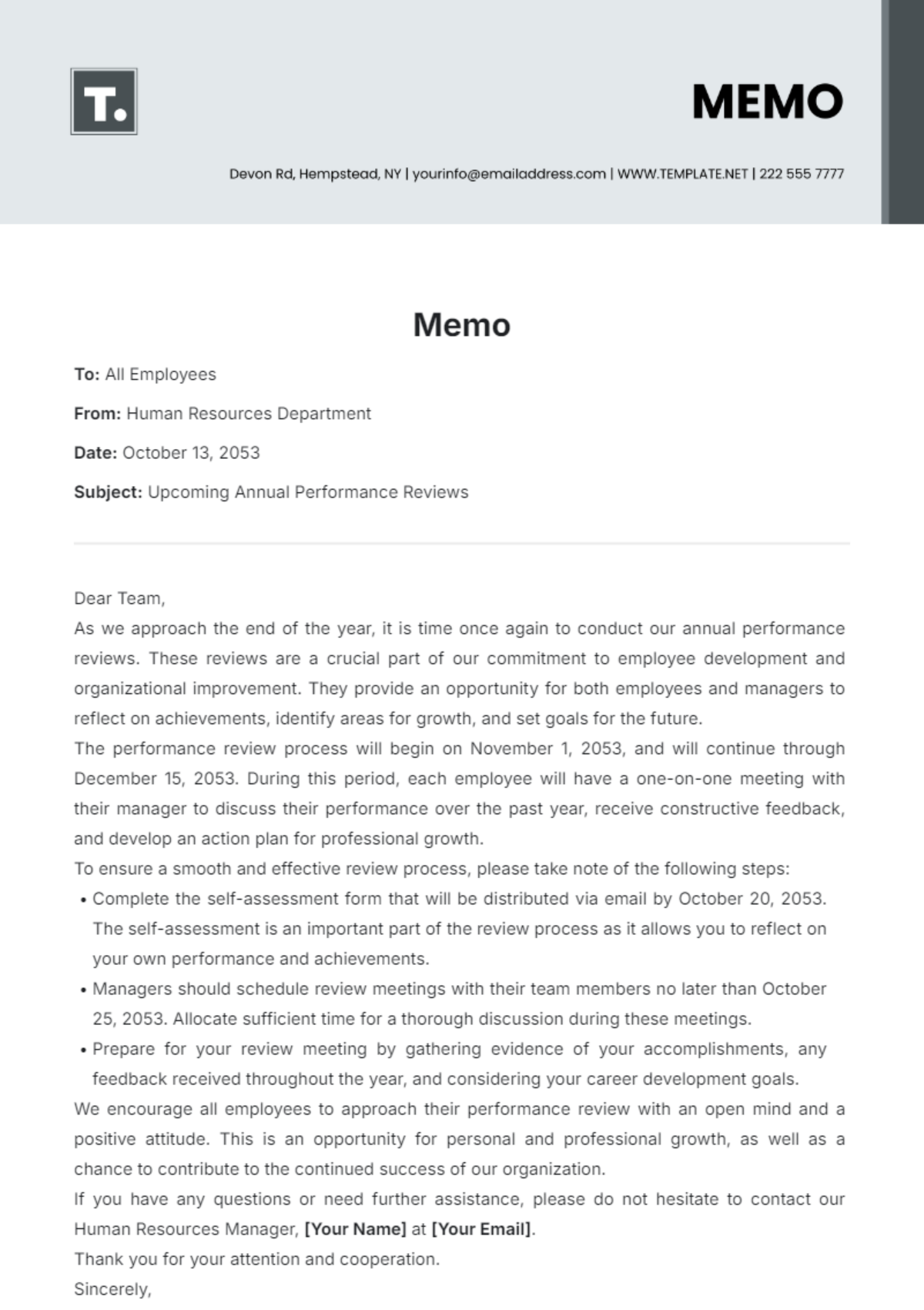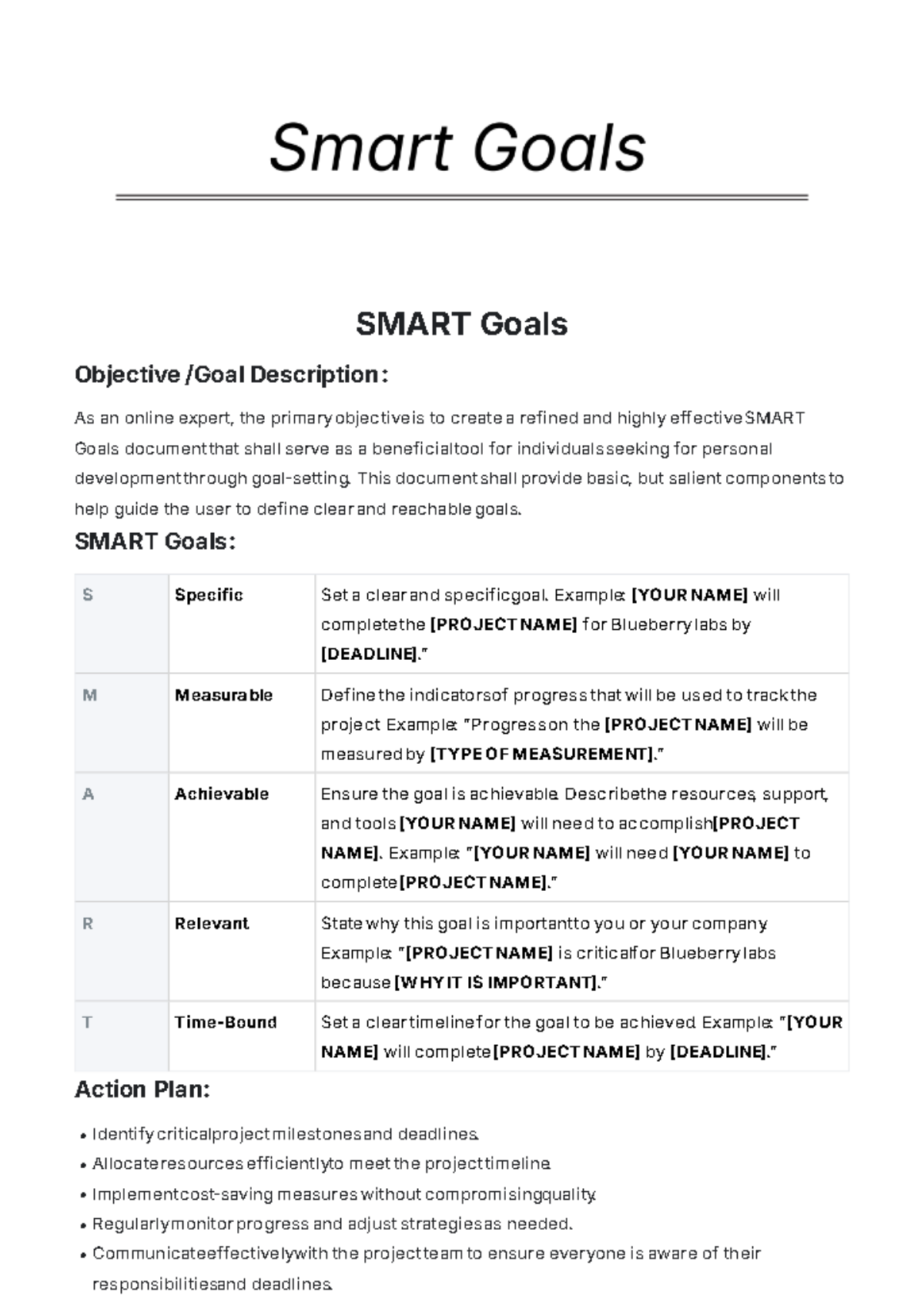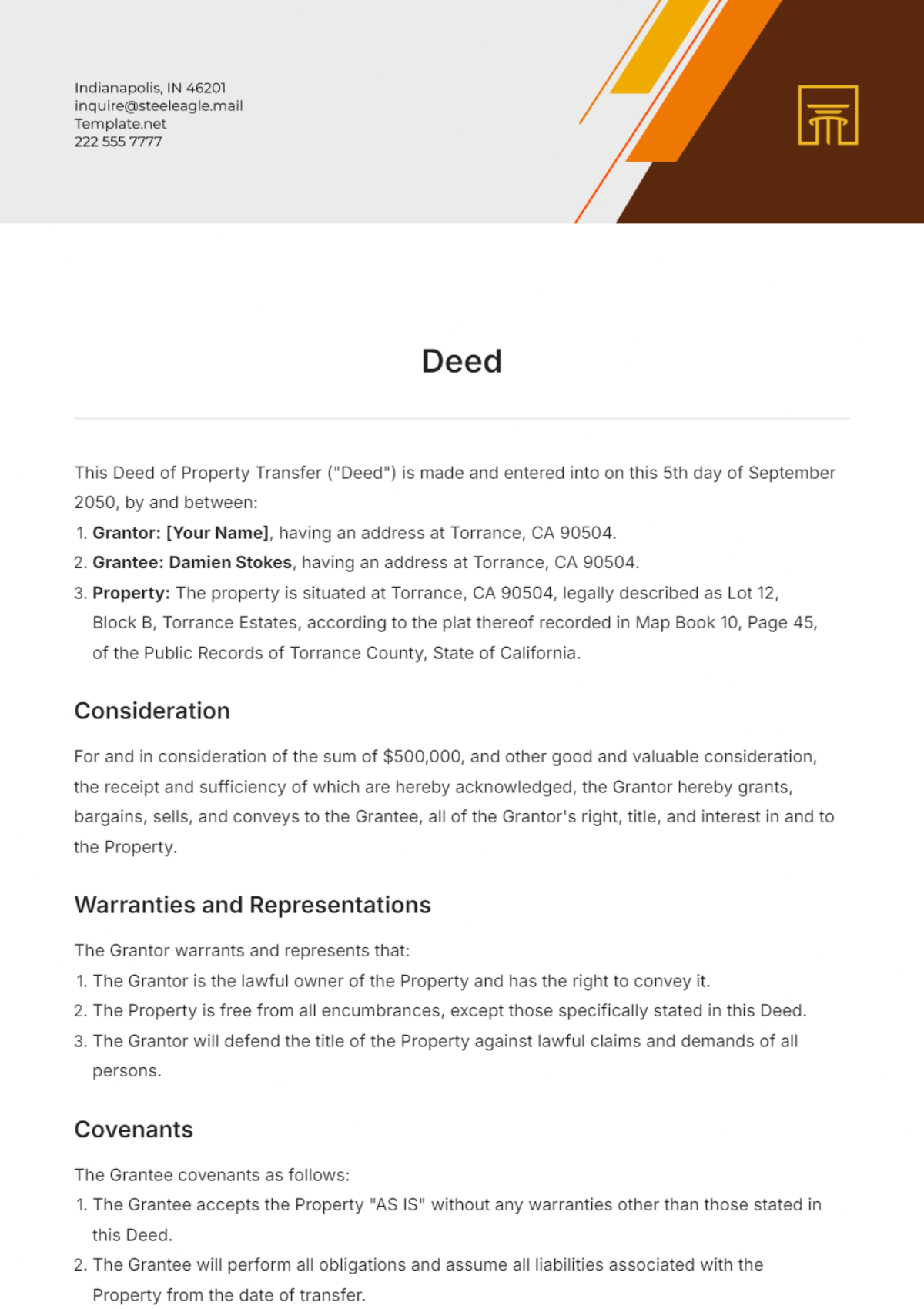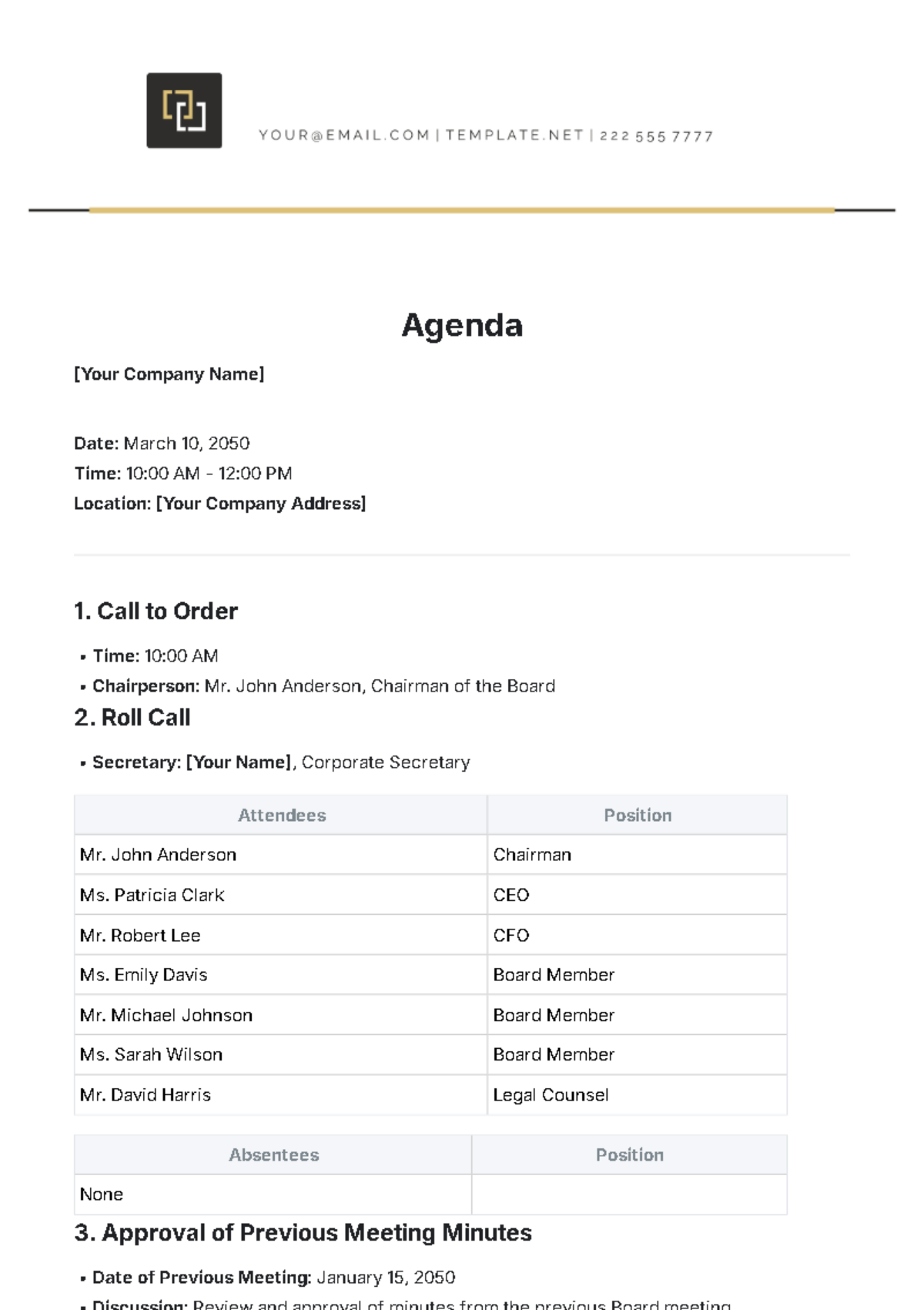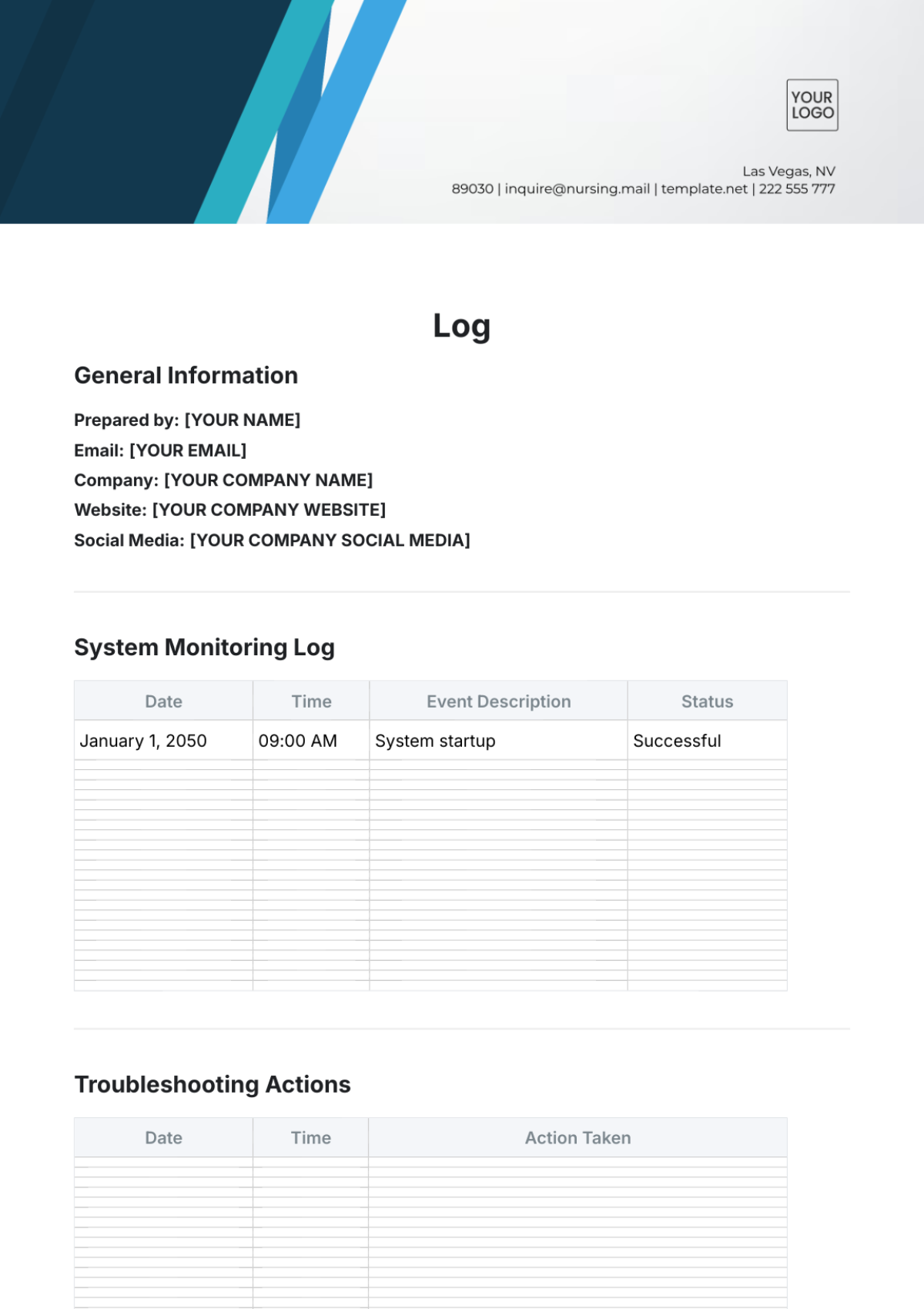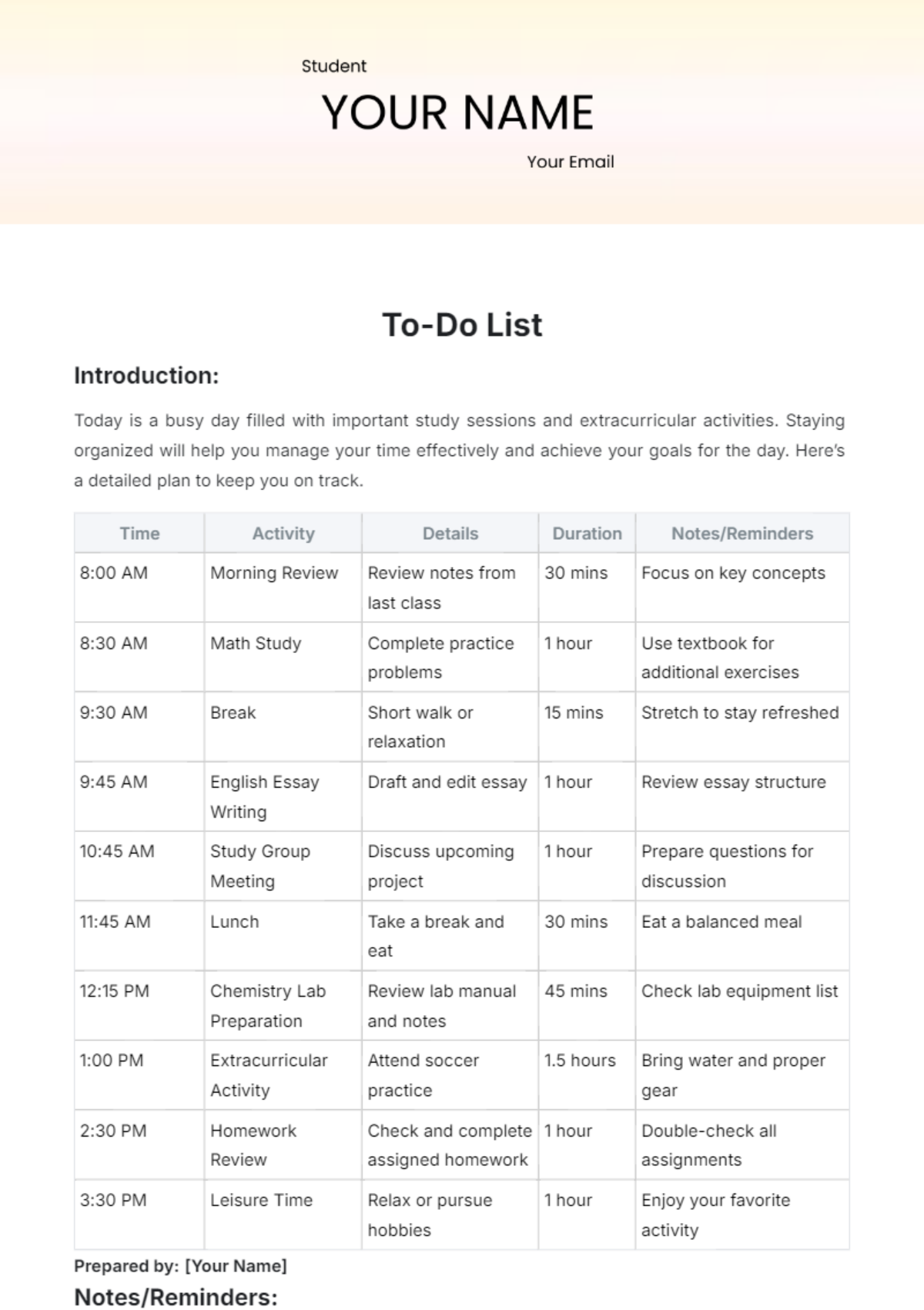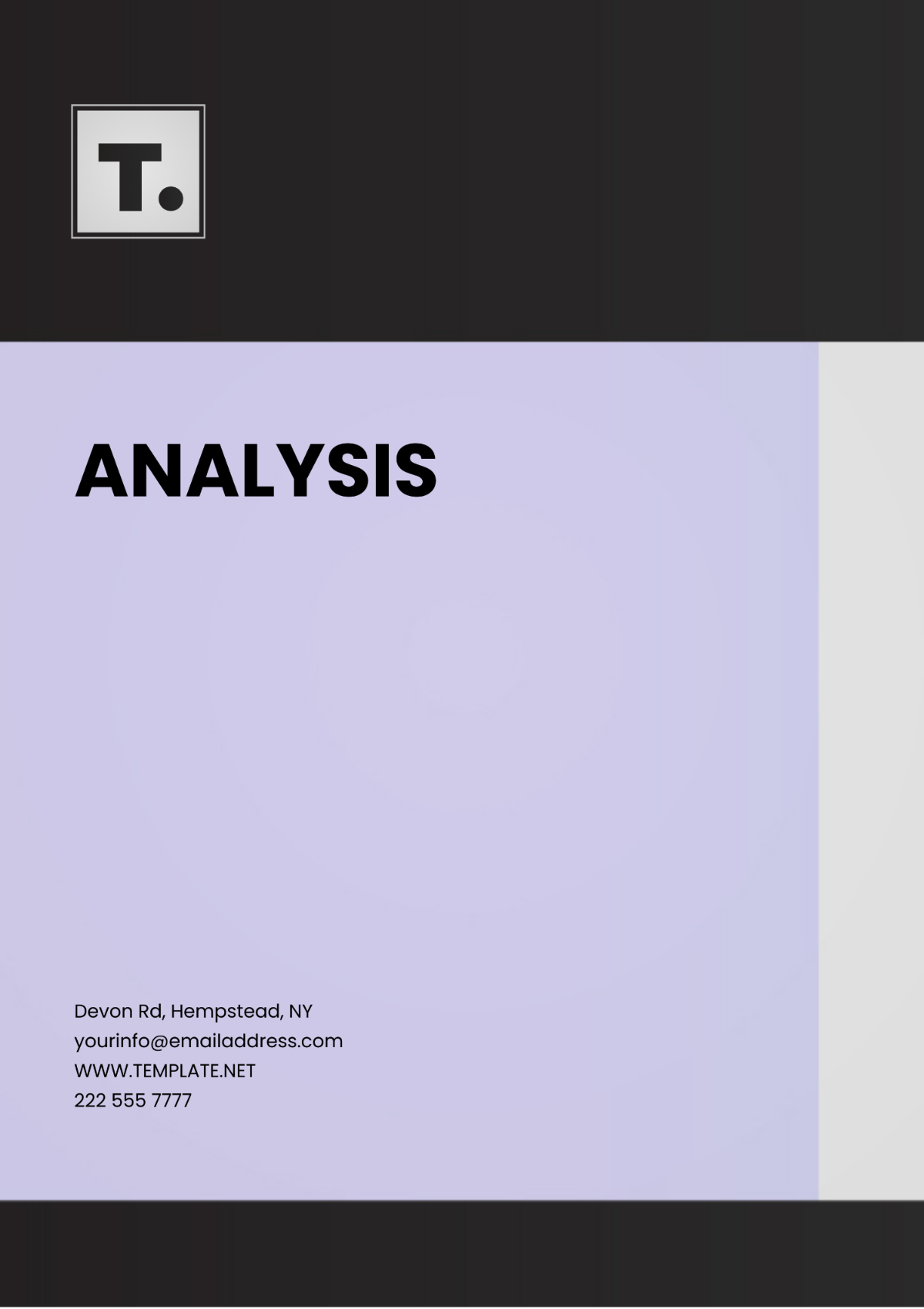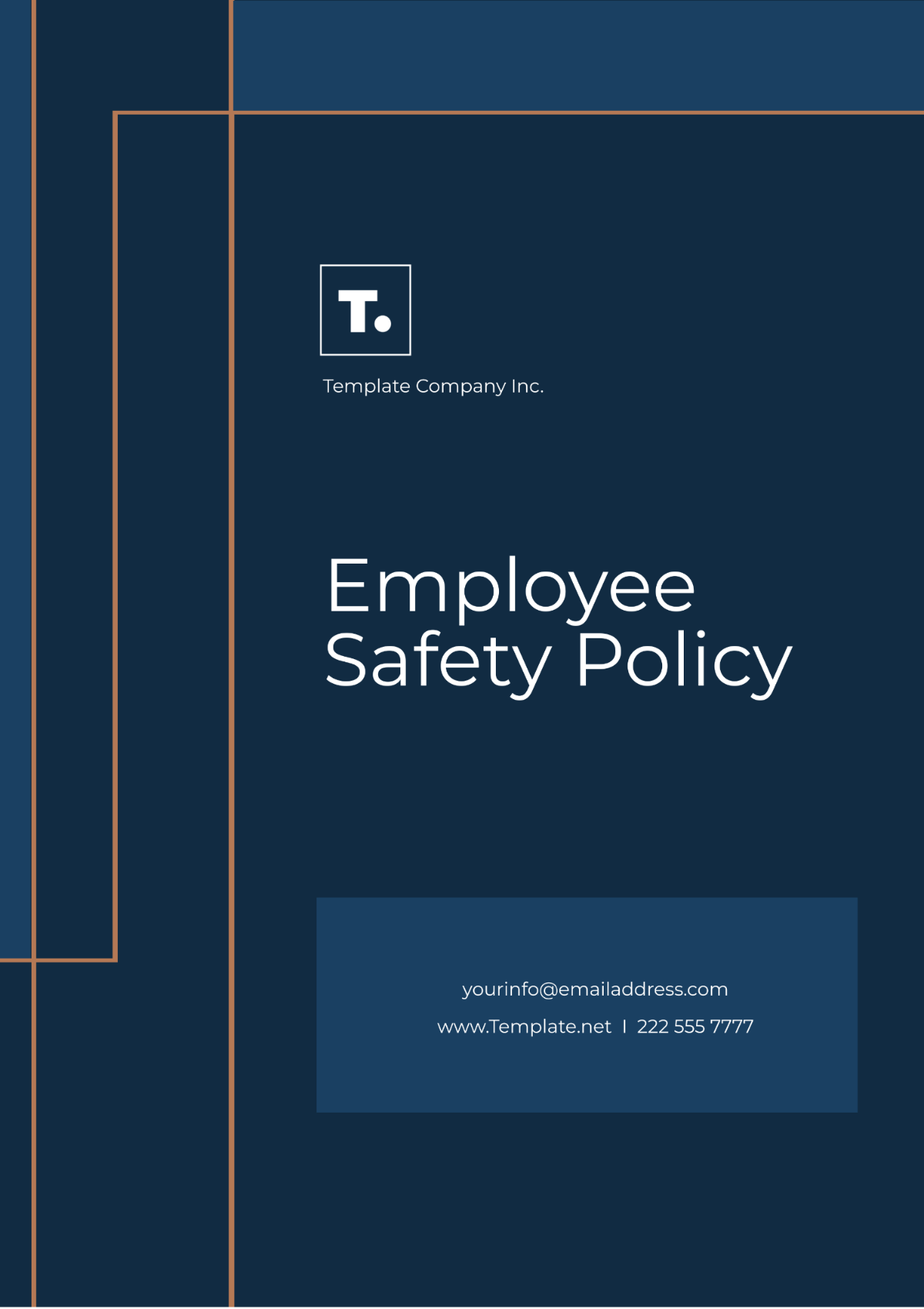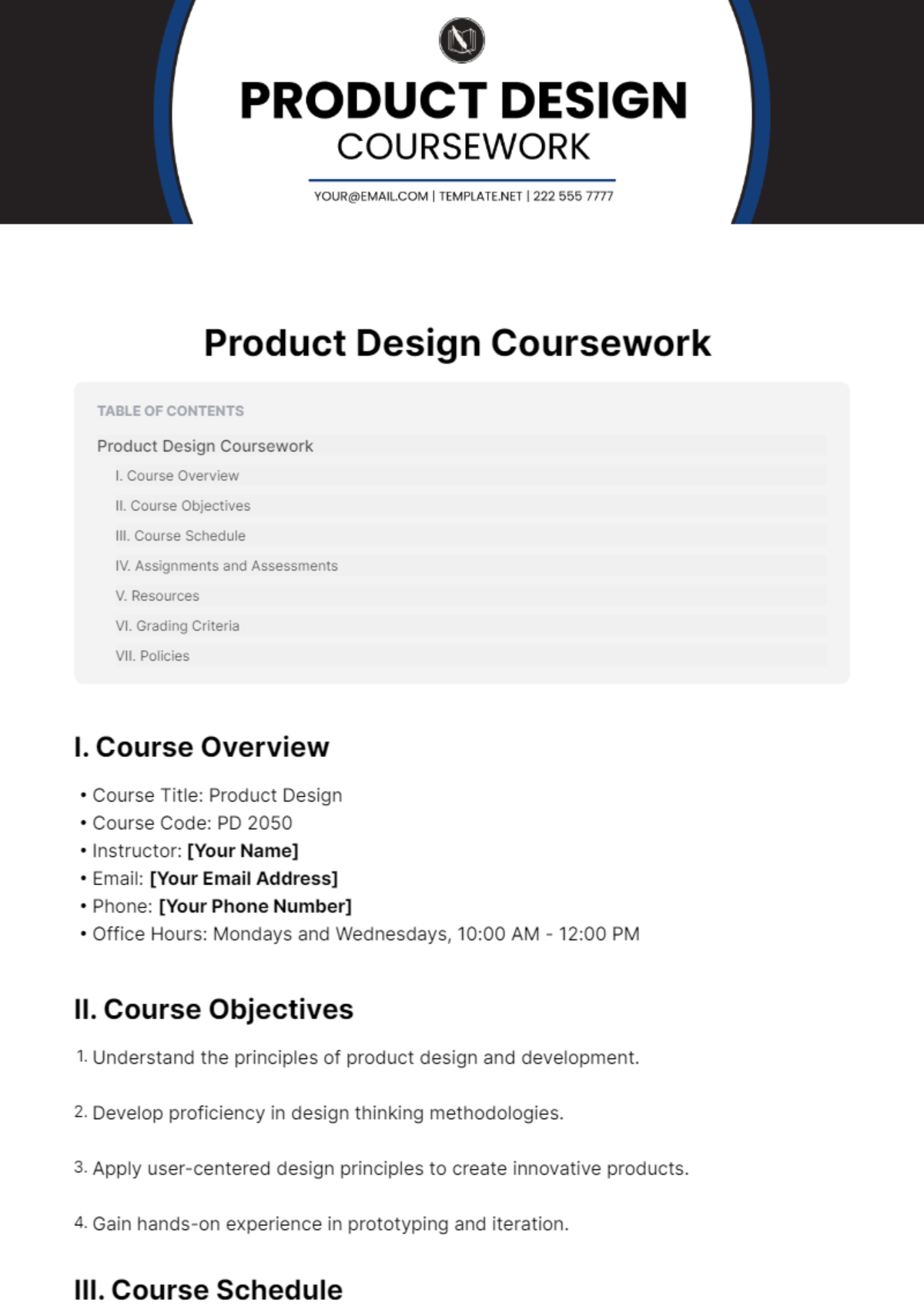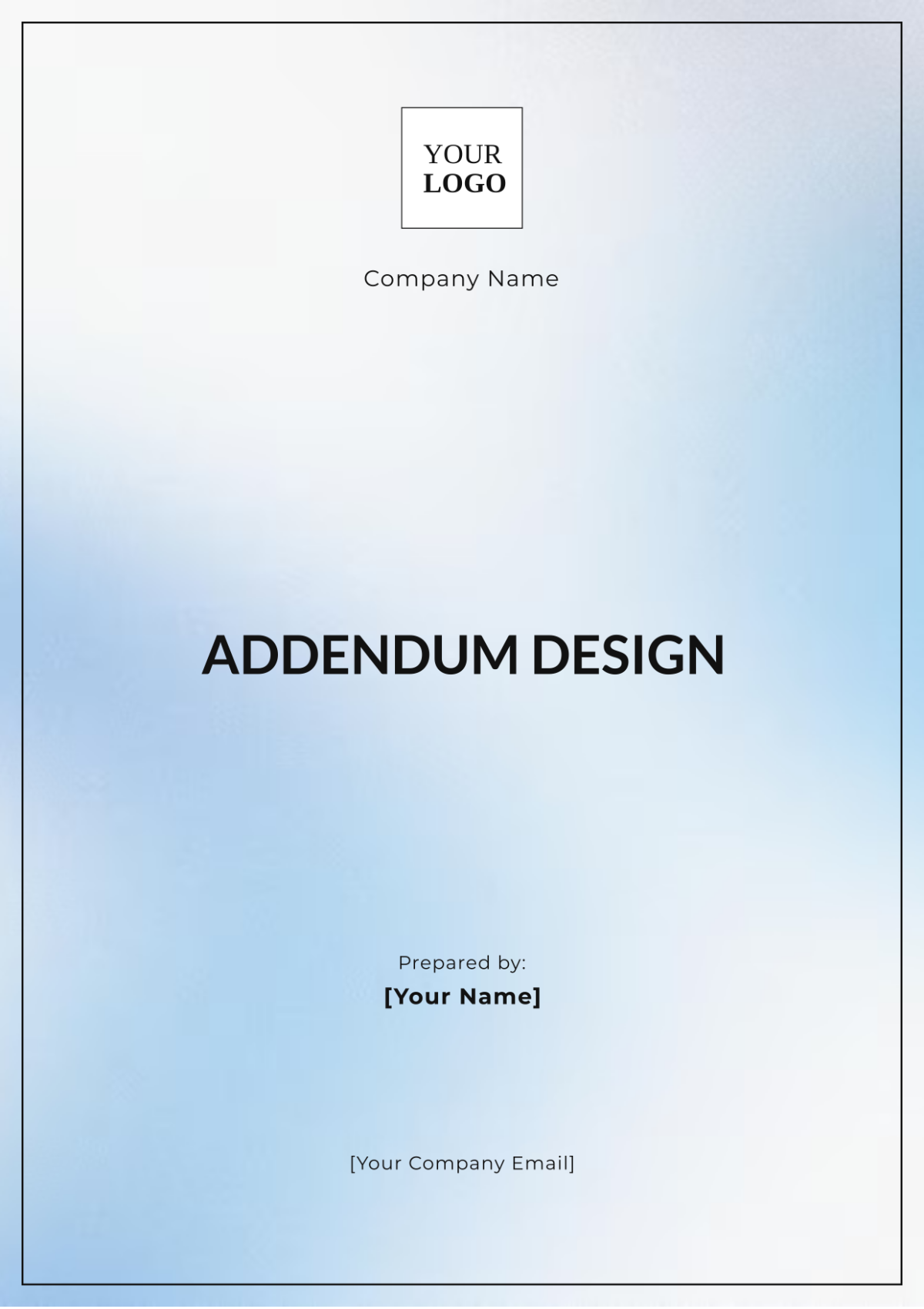Geologist Criteria Design
Prepared by: [Your Name]
Date: August 19, 2050
Introduction
This document outlines the criteria for evaluating geologists in terms of their qualifications, skills, and experience. The criteria are designed to ensure a comprehensive assessment for recruitment, performance reviews, and project assignments.
Purpose
The purpose of this criteria design is to establish a standardized framework for assessing geologists. This will aid in identifying the most suitable candidates for specific roles within the organization and ensure alignment with project needs and organizational goals.
Scope
This criteria design applies to all geologist positions within the organization, including entry-level, mid-level, and senior geologists. It is intended for use by hiring managers, HR personnel, and evaluation committees involved in the assessment process.
Criteria Table
Criteria | Short Description | Weight (%) | Score (1-5) | Comments |
|---|---|---|---|---|
Educational Background | Relevant degree in geology or related field | 20 | ||
Technical Skills | Proficiency in geological software and field techniques | 25 | ||
Experience | Relevant work experience in geological research/projects | 20 | ||
Communication Skills | Ability to convey complex information effectively | 15 | ||
Teamwork and Collaboration | Experience working in multi-disciplinary teams | 10 | ||
Problem-Solving Skills | Capability to analyze and solve geological problems | 5 | ||
Professional Development | Engagement in continuous learning and certifications | 5 |
Scoring System
Each criterion will be scored on a scale of 1 to 5, where:
1 = Poor
2 = Fair
3 = Good
4 = Very Good
5 = Excellent
The overall score will be calculated by multiplying the score for each criterion by its respective weight and summing the results.
Evaluation Process
Initial Review: Collect and review resumes and applications to shortlist candidates.
Scoring: Use the criteria table to assess each shortlisted candidate. Scores will be assigned based on interviews, practical tests, or other evaluation methods.
Comments: Collect feedback and comments from all evaluators to provide context for the scores.
Final Decision: Summarize scores and comments to inform the final decision on candidate selection or performance assessment.


